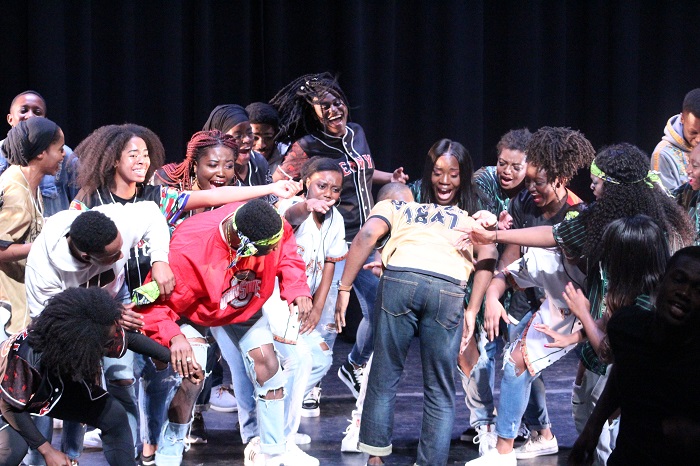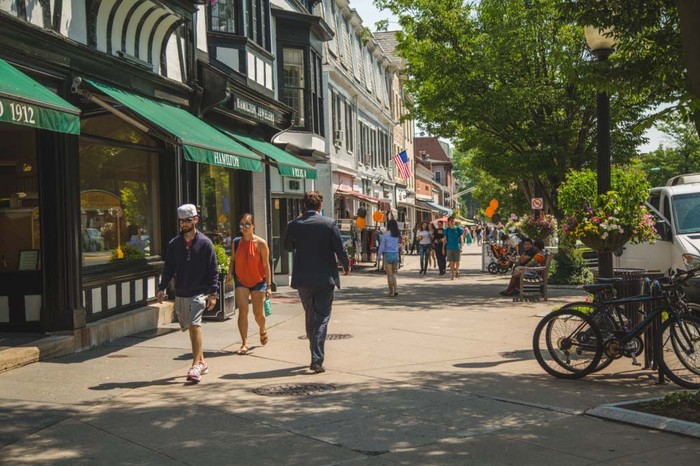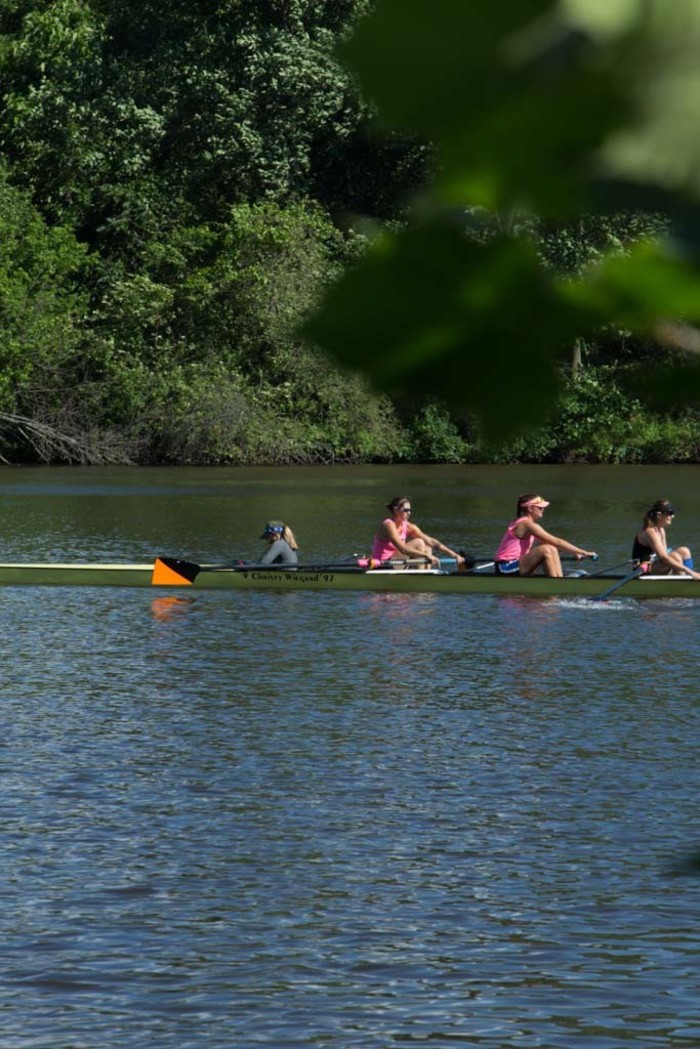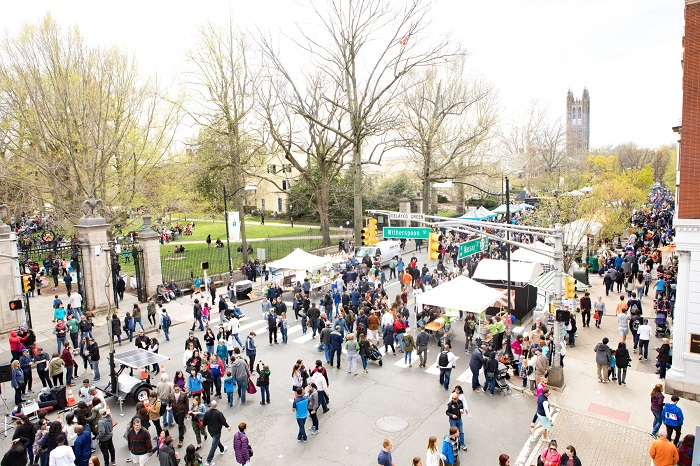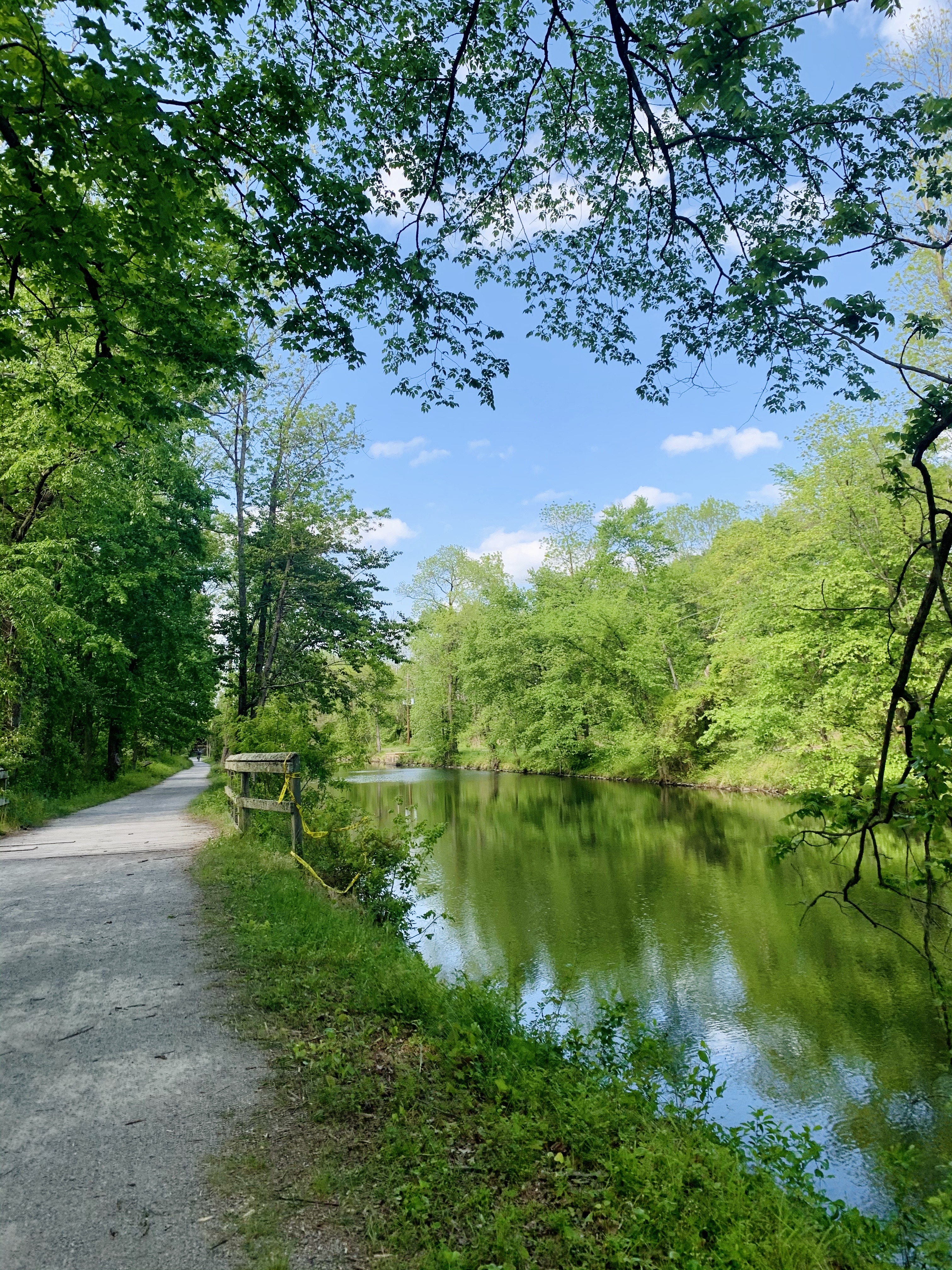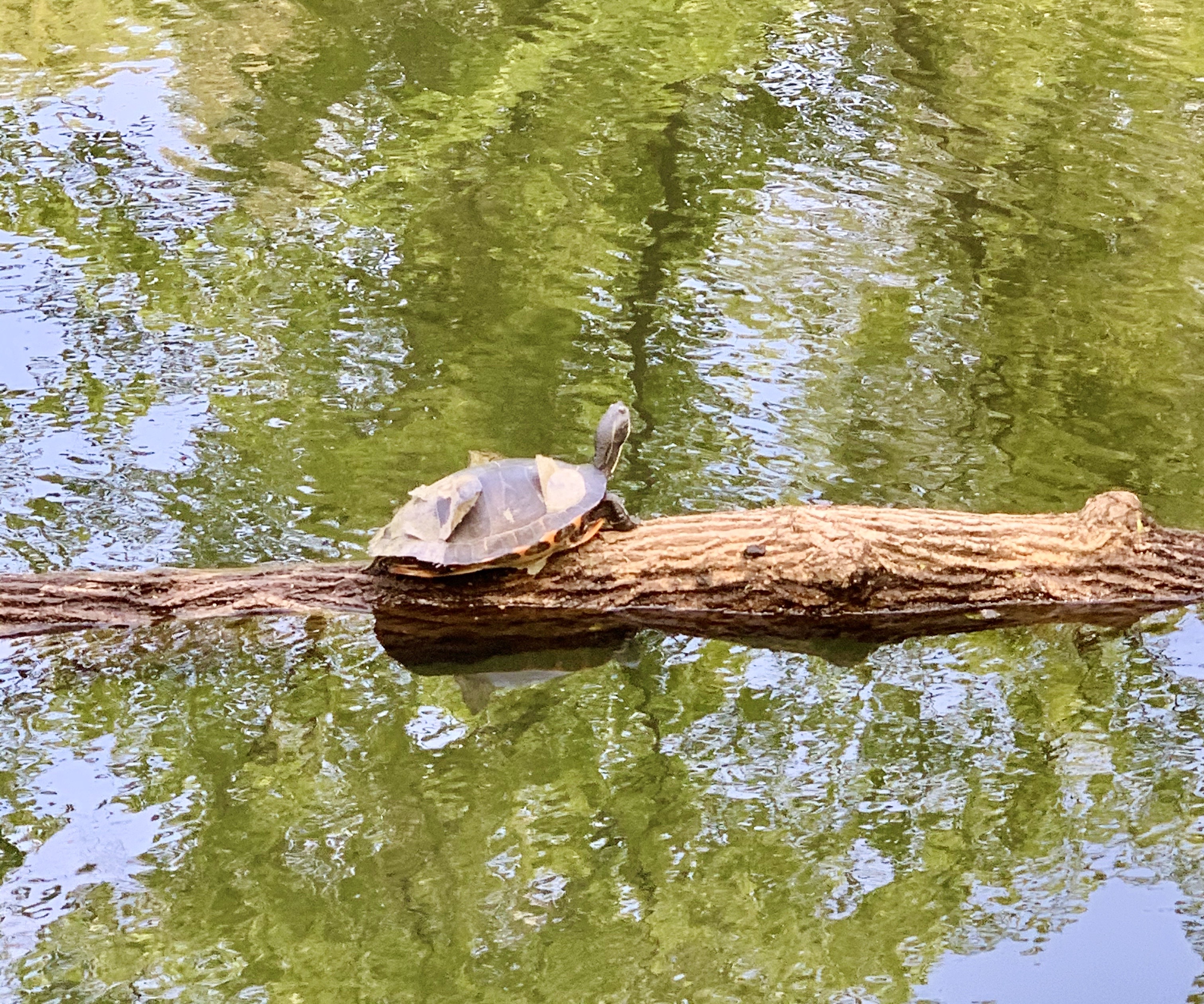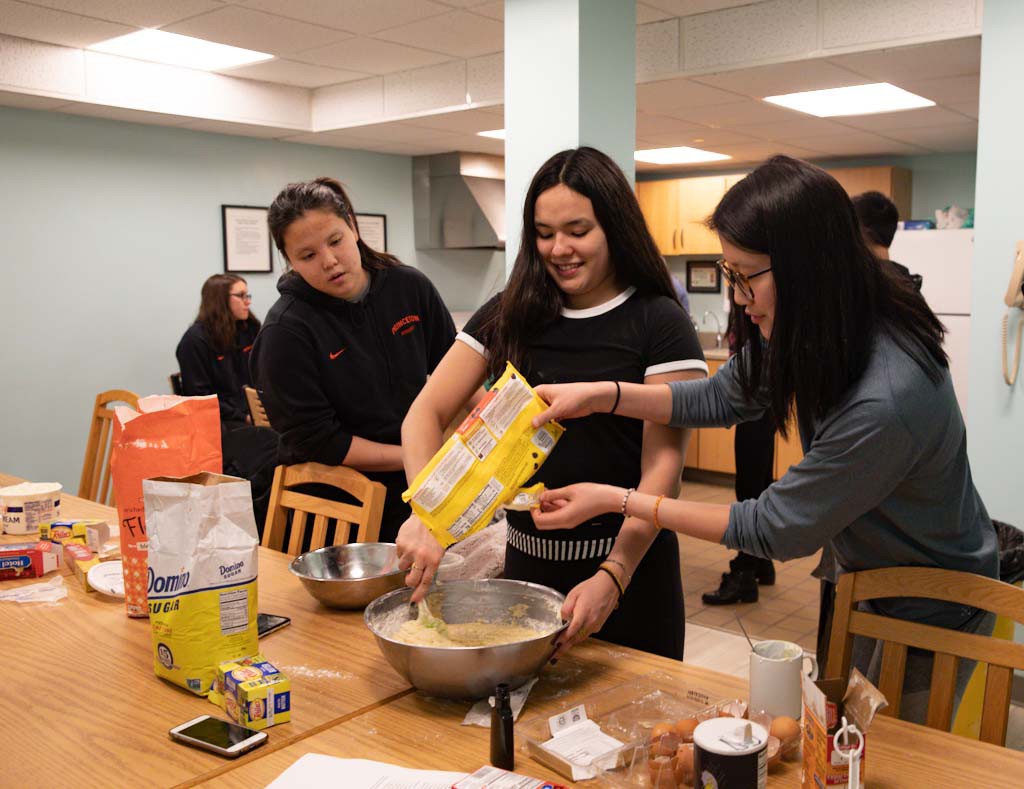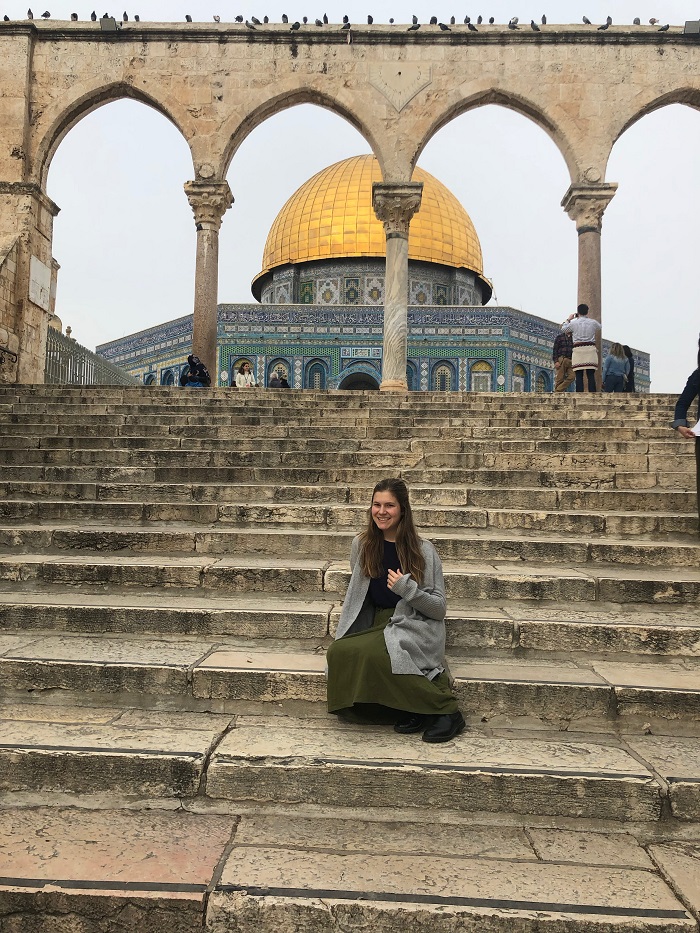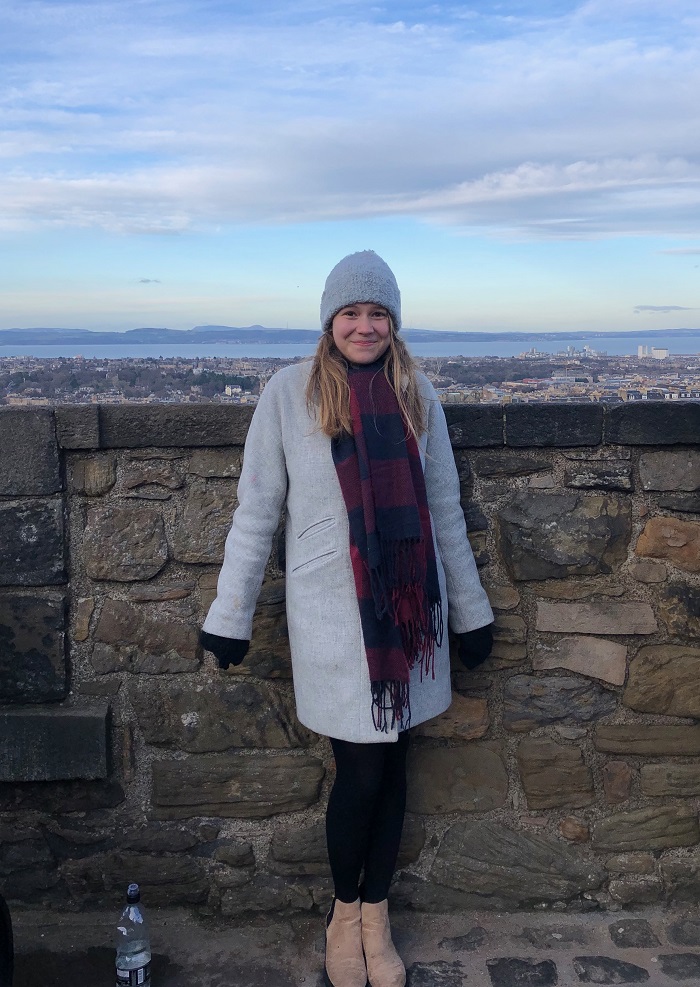Princeton's Student Events Committee (PSEC) plans weekly, campus-wide programming for students. I joined PSEC last year because I love event planning, and I wanted to be a part of a student group that fosters community on campus. When we found out that this fall semester was going to be remote, we shifted our focus to thinking about virtual events and had to get creative!
At first it seemed like a real challenge, and some of us were disappointed to miss the exciting in-person events we typically do in the fall: Fall Fest, Friendsgiving, fall crafting events, massages during midterms week and more. But instead of lingering on what the semester would have looked like if we were on campus, we quickly turned our energy to adapting existing events to an online version and coming up with new ones. Luckily, we learned a thing or two from our experience planning virtual events in the second half of the spring semester last school year, and kept these takeaways in mind as we planned.
I'm working with three other PSEC Program Chairs to plan Trivia Night on Zoom. Students sign up in teams and compete through several rounds of trivia. We came up with all of the questions and categories, including Princeton Trivia, Movies & TV Shows, Board Games, Celebrities, History, Logos, Books & Authors and a Miscellaneous Challenge Round. I also organized an event earlier this semester called TigerMeet, which was basically “speed-friending” for undergrads. The first day of the event was limited to first-years, so that they could have a chance to meet each other, but the second day was open to all four classes. It can be difficult to meet new people in a virtual class setting, so TigerMeet provided an opportunity to do so.
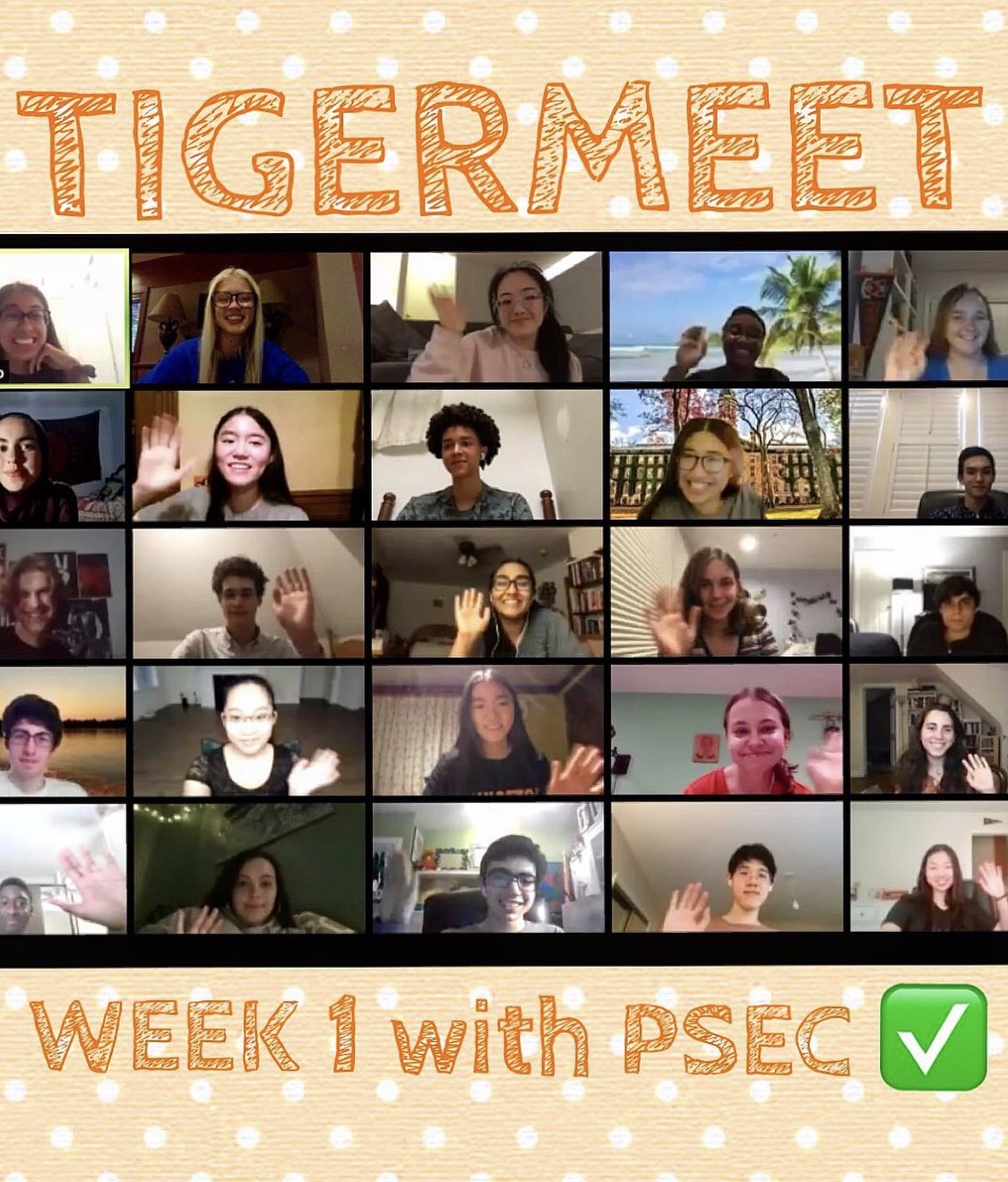
PSEC events are always a great way to decompress and connect with friends. While this semester is certainly unique, PSEC is more than ready to adapt. Princeton students are incredibly passionate about what we do and the interests that we pursue. And it's because of that passion and dedication to our clubs, teams, classes, extracurriculars, and more, that Princeton, whether on campus or virtual, will continue to be a vibrant, inspiring community.








